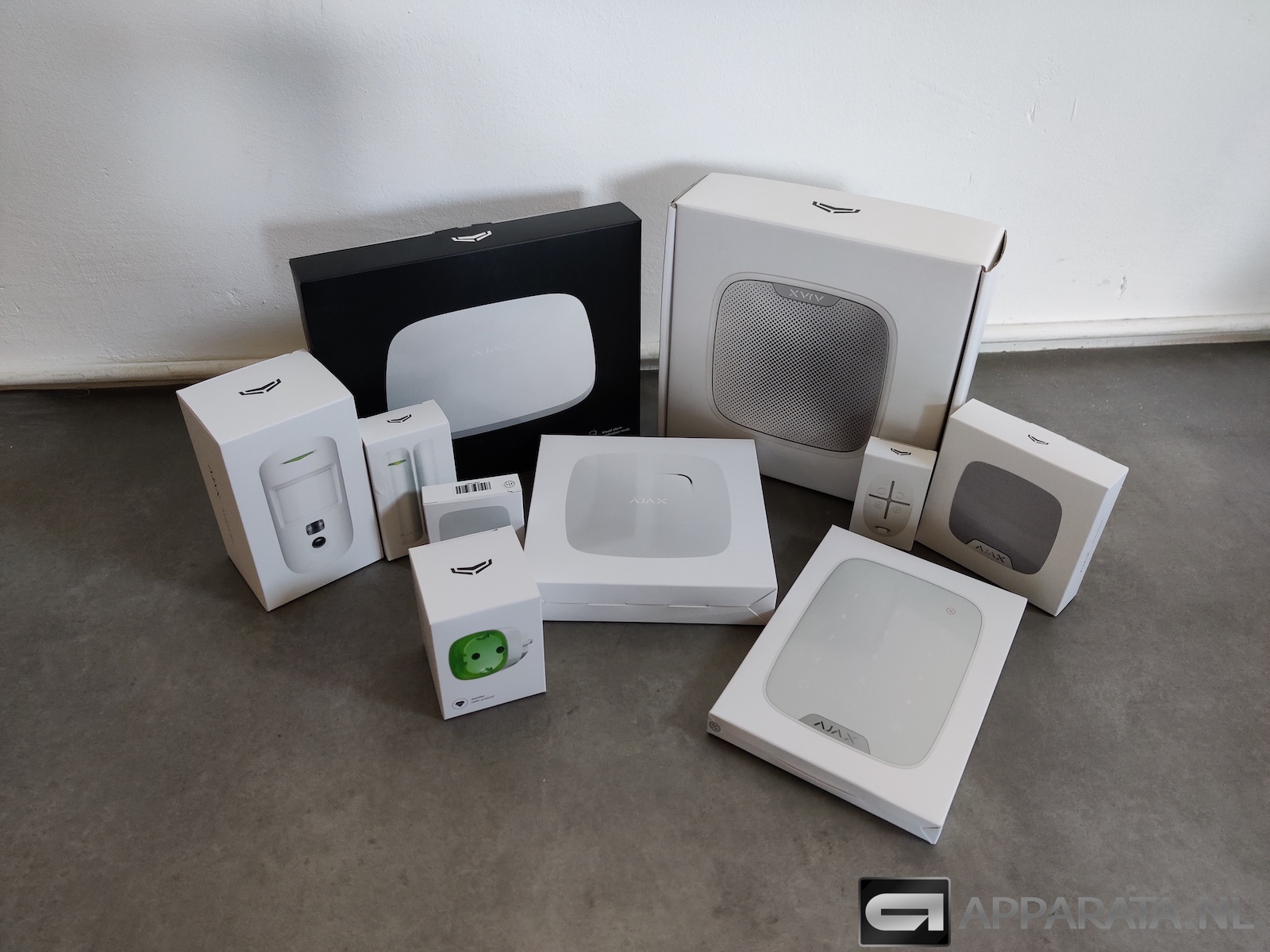Arranging guardianship for your child: that’s how it works
You don’t like to think about it, but it is extremely important. If you and your partner die, someone else will have custody of your minor child(ren). What exactly does a guardian do? And how do you arrange that?
We explain.
Contents
What is guardianship?
It is a terrible scenario, but it can happen just like that: both parents of a child die or are (temporarily) unable to take care of it. In that case, someone from the environment will have custody of the child. In short: all minors in the Netherlands must be under the authority of one or two parents. This means that you are responsible for the upbringing and care of the child. If someone other than the parent(s) has custody of a child, we call that a guardian. You can determine yourself who will be the guardian of your children, often a friend or family member. Have you not arranged that as a parent? Then the family appoints a guardian. Sometimes a judge asks the Child Protection Board for advice, for example when a disagreement arises. From the age of twelve, a child may also express his or her preference.
How do you arrange a guardian?
Of course you hope that the above fate never hits you, but if something happens, it is nice that you have set things down in advance. You can designate a guardian in two ways: in the custody register at the court (free of charge) or in your will. You can arrange the latter with a notary. You can also record certain wishes or preferences for (the upbringing of) your child in your will. In most cases, if one of the parents dies, custody passes to the other parent. When you both die, the judge decides who gets custody. Did you designate someone in advance? Then this person is asked by the court if he wants to become a guardian. You can also designate two people who will jointly become the guardian of your child. Not every child needs to have the same guardian, so you need to establish custody for each child. You can also choose a backup guardian, for example if the first guardian refuses or dies. Finally, as a parent it is possible to choose one guardian each. The judge then usually looks at the will or custody register of the parent living alongside. In the worst case scenario, if you die at the same time, the court will choose a guardian.
Also read: The teacher: ‘I am shocked by the news that the father of student Clarissa (6) has passed away’
What exactly does a guardian do?
As mentioned, a guardian is responsible for taking care of and raising a child. Have you appointed one guardian? Then the person is not obliged to perform these tasks himself. This can also be done, for example, by a home or foster family. You also manage (sometimes with the permission of the court) the assets of the child. In the case of joint guardianship, they are obliged to raise the child themselves. They must jointly bear the costs of the care and are responsible for the child and his or her finances. Joint guardians may ask the court to change the child’s last name. This is only possible if the judge finds it useful and if the child agrees. As a guardian, you may also perform so-called official acts, such as registering at a school or giving permission for medical treatment. A guardian must be of age, must not be under guardianship and must not suffer from a mental disorder.
Decline and Terminate
Good to know: a designated guardian may always refuse, even if this person agreed in the first instance. Someone is only a guardian if they make a declaration of willingness in court. If the person refuses, the judge will look for another guardian or institution. When the child turns eighteen, the guardian’s authority ends automatically. The judge can also decide to end it earlier, for example in the case of bad treatment.
More information about guardianship can be found on the website of the Dutch government.
Source: Central government, Child Protection, 24Baby


